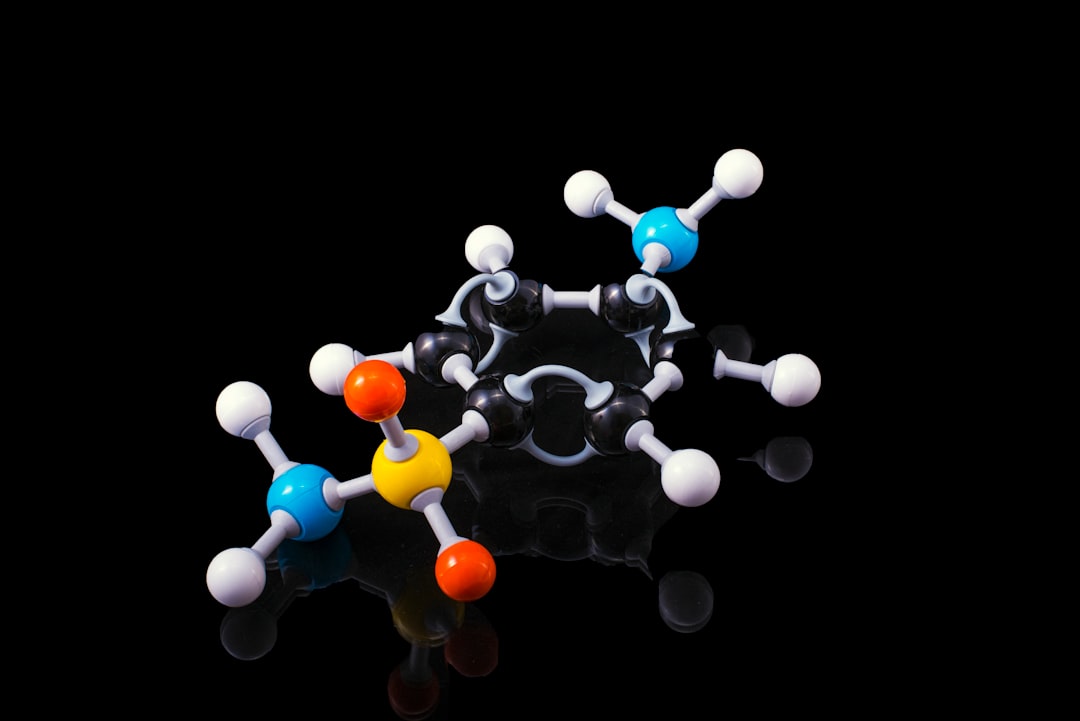What is it about?
Abstract: Background: Gastric cancer develops as a malignant tumor in the mucosa of the stomach, and spreads through further layers. Early-stage diagnosis of gastric cancer is highly challenging because the patients either exhibit symptoms similar to stomach infections or show no signs at all. Biomarkers are active players in the cancer process by acting as indications of aberrant alterations due to malignancy. Objective: Though there have been significant advancements in the biomarkers and therapeutic targets, there are still insufficient data to fully eradicate the disease in its early phases. Therefore, it is crucial to identify particular biomarkers for detecting and treating stomach cancer. This review aims to provide a thorough overview of data analysis in gastric cancer. Methods: Text mining, network analysis, machine learning (ML), deep learning (DL), and structural bioinformatics approaches have been employed in this study. Results: We have built a huge interaction network in the current study to forecast new biomarkers for gastric cancer. The four putatively unique and potential biomarker genes have been identified via a large association network in this study. Conclusion: The molecular basis of the illness is well understood by computational approaches, which also provide biomarkers for targeted cancer therapy. These putative biomarkers may be useful in the early detection of disease. This study also shows that in H. pylori infection in early-stage gastric cancer, the top 10 hub genes constitute an essential component of the epithelial cell signaling pathways. These genes can further contribute to the future development of effective biomarkers. Keywords : Gastric cancer, Biomarkers, Text mining, Network analysis, Data analysis, Early-stage diagnosis.
Featured Image

Photo by julien Tromeur on Unsplash
Why is it important?
There is no precise way to prevent gastric cancer but there are ways by which we can lower its risk. Even though genetic and epigenetic factors have been identified, no major details to outline the molecular pathogenesis of gastric cancer have evolved yet. New points need to be identified to develop new biomarkers for the diagnosis/prognosis of gastric cancer
Perspectives
Exploring computational analysis in gastric canceromics data for our research paper was an enriching journey. Collaborating with dedicated peers added depth and excitement to our findings. Our work didn't just stay within academic circles; it resonated with rare disease groups, sparking a broader interest in medical research. This outreach propelled me towards a deeper involvement in rare disease investigations. Beyond its technical aspects, our research touches a universal chord. It speaks to the essence of healthcare resource allocation, a concern that affects every individual. I hope our findings provoke thought and inspire action towards advancing cancer research and healthcare delivery.
SAGARIKA SAHA
MIT ART DESIGN TECHNOLOGY UNIVERSITY
Read the Original
This page is a summary of: Computational Analysis of Gastric Canceromics Data to Identify Putative
Biomarkers, Current Topics in Medicinal Chemistry, January 2024, Bentham Science Publishers,
DOI: 10.2174/0115680266259310230924190213.
You can read the full text:
Contributors
The following have contributed to this page










